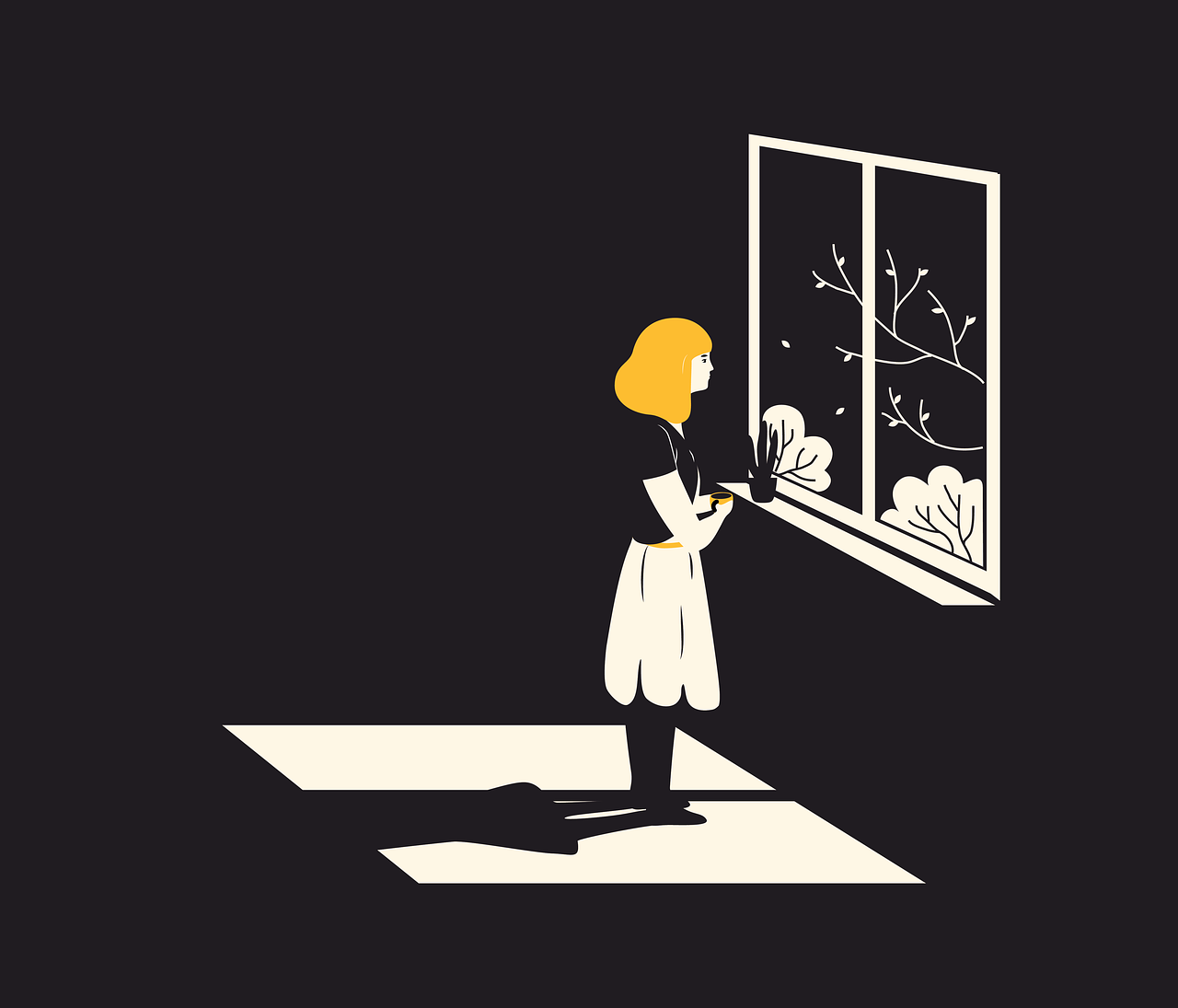There are multiple different types of depression, such as major depressive disorder (MDD), persistent depressive disorder (PDD), and seasonal affective disorder (SAD). They’re different disorders, but they do have some similarities. Some common symptoms are feeling depressed most of the day, feelings of worthlessness, recurrent suicidal ideation, and loss of interest in activities. For MDD you have to experience symptoms for at least 2 weeks to meet the criteria for a depressive episode. To be diagnosed with PDD you have to experience symptoms for at least 2 years. SAD isn’t a stand-alone diagnosis, it is a specifier for recurrent MDD. There has to be a regular pattern of depressive episodes that begin at a particular time of the year. Most people associate SAD with fall and winter when the days get shorter and there’s less sunlight. However, SAD can occur at any time of the year, not just in the colder months. Tips for Summertime Depression
So now that we’ve gone over what depression is, let’s talk about how we can treat it. What type of depression you are diagnosed with doesn’t change much about the treatment. Here are some different things that you may be doing with your therapist and what they mean.
Behavioral activation
This is practicing behaviors to get you up and going. When you’re depressed and lack motivation, it feels like it is hard to do everything and anything. Behavior activation is practicing those behaviors that have become hard to do in therapy to increase the chance of success of doing it in real life.

Targeting negative self-talk and cognitive distortions
How you talk to yourself impacts your mood and mental health. When you talk bad to yourself, you feel bad. Would you talk to your friends the way you talk to yourself? We are much nicer to those we care about than we are to ourselves sometimes. This involves reframing judgmental thoughts and changing how you think about yourself. Reframing is taking a negative thought and flipping it to be neutral or positive, “I’m bad” becomes “I’m not bad” or “I’m great!”.
ABC PLEASE – these 3 skills help reduce vulnerability to emotion mind
Accumulating positive emotions in the short term by doing things that are possible now and in the long term by making changes to build your life worth living. The short term involves doing pleasant activities everyday to build up a reservoir of positive emotions. So that when you start to feel depressed again, you have a bank of positive emotions to pull from already. The long term involves identifying what your values are and what is important to you.
Building mastery in something to feel competent, confident, and in control.
Cope ahead of time for difficult situations so that when they happen, you already know what you’re going to do to cope with it.
PLEASE is about taking care of your body to take care of your mind by treating physician illness, mindful eating, avoiding mood altering substances, balancing sleep, and exercising.
 It is important to celebrate the small things when you have depression. What may seem like a small step initially is actually a large step towards your goals. You have to celebrate the small victories because treatment can be difficult and long. You got this!
It is important to celebrate the small things when you have depression. What may seem like a small step initially is actually a large step towards your goals. You have to celebrate the small victories because treatment can be difficult and long. You got this!
The clinicians at Cincinnati Center for DBT understand how depression can impact nearly every aspect of life. At Cincinnati Center for DBT, you and your clinician will work closely to develop a plan to ease the pain of depression. If you would like to learn more DBT skills to cope with depression or to help you live a life worth living schedule an appointment with one of our therapists.
About the Author
Robyn Williams (she/her), M.A., LPC is a Licensed Professional Counselor who specializes in dialectical behavior therapy. Robyn works with teens and adults in a compassionate judgment-free manner to meet clients where they are in life. Robyn helps her clients develop the tools they need in order to live their life worth living, and find what means most to them. Robyn believes that while therapy can be intimidating at times, it can be a conduit for personal growth. Click here to learn more about Robyn’s experience and therapeutic approach.

